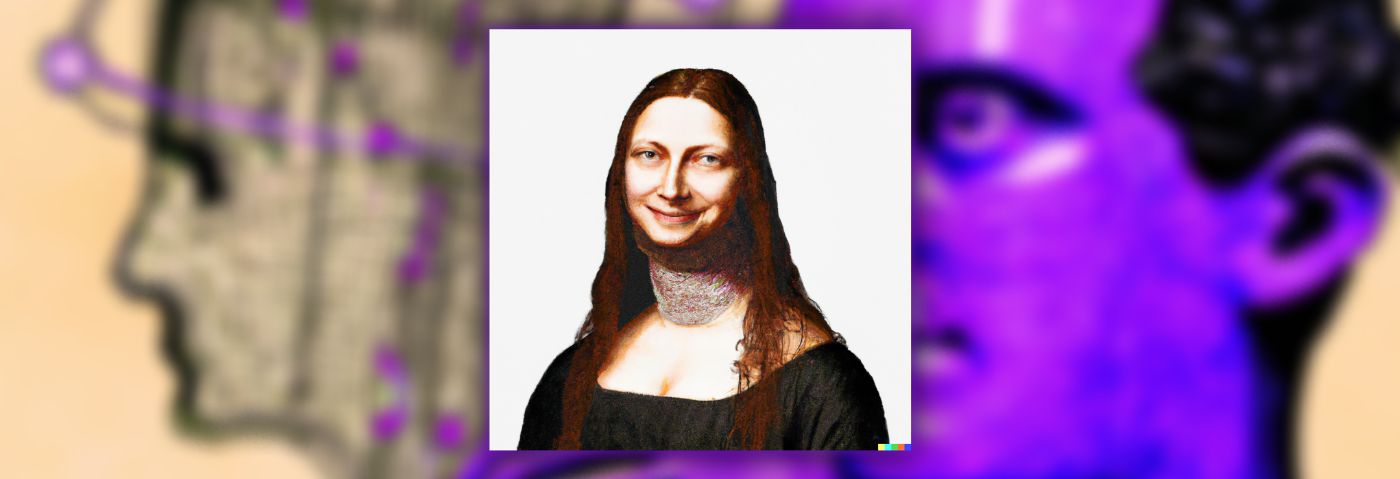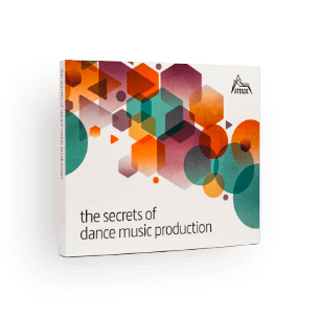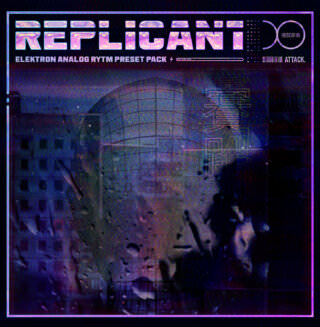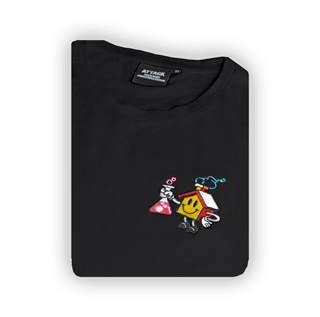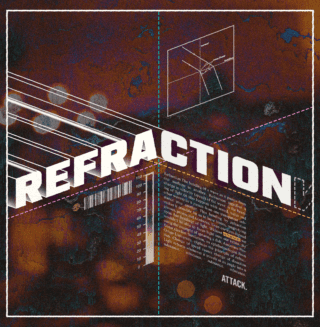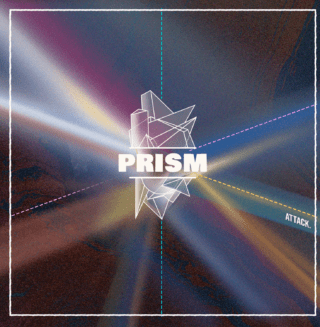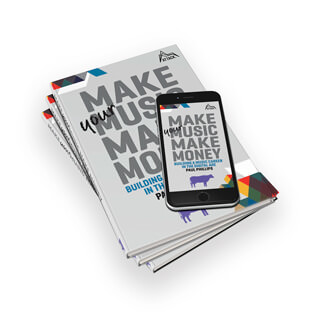With AI growing ever more powerful and many services using it to power actual musical composition, are the days of human-made music numbered? We might not miss drivers in our cabs, but will be rue the overshadowing of musicians? Will there be a happy middle ground? In a mini two-part series, Adam Douglas looks at how AI is taking over and what it means.
AI. It’s on everyone’s lips these days. “Have you made your AI selfie yet?” “Did you see those AI images of weird synths in Siberia?” With everyone simultaneously loving and freaking out over AI-generated art, you’d be forgiven for thinking that this was just a visual arts issue.
But make no mistake. AI music is next. In fact, it’s already here.
And we don’t mean playlist-sorting algorithms or AI-assisted music production plugins. We mean full-on songs written and even performed by AI. Would you like Dolly Parton sung by AI? How about a completely virtual rapper? Weird, huh?
How weird? Very…
We asked Open AI’s ChatGPT to write lyrics to a house song focusing on baked beans.
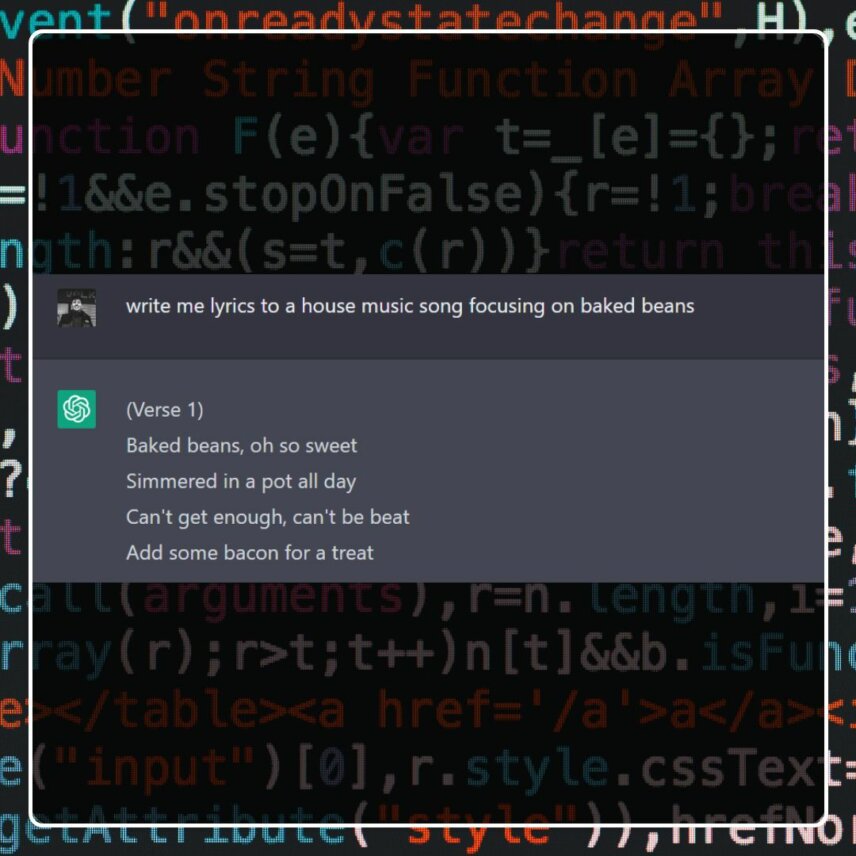
Here’s AI Morgan singing about baked beans that we made via UberduckAI. If this is the sign of the times, is the industry staring at a forthcoming crisis at least for musicians?
Is the industry staring at its next big crisis?
While record labels are almost certainly looking for ways to profit from this, they’re also worried. Much like image Artificial Intelligence uses existing, copyrighted images to generate new pictures (sometimes with original watermarks intact!), the Recording Industry Association of America is worried about software that allows users to strip vocals out of songs and otherwise remix them. “There are online services that, purportedly using artificial intelligence (AI), extract, or rather, copy, the vocals, instrumentals, or some portion of the instrumentals (a music stem) from a sound recording, and/or generate, master or remix a recording to be very similar to or almost as good as reference tracks by selected, well-known sound recording artists,” the RIAA wrote according to Vice.
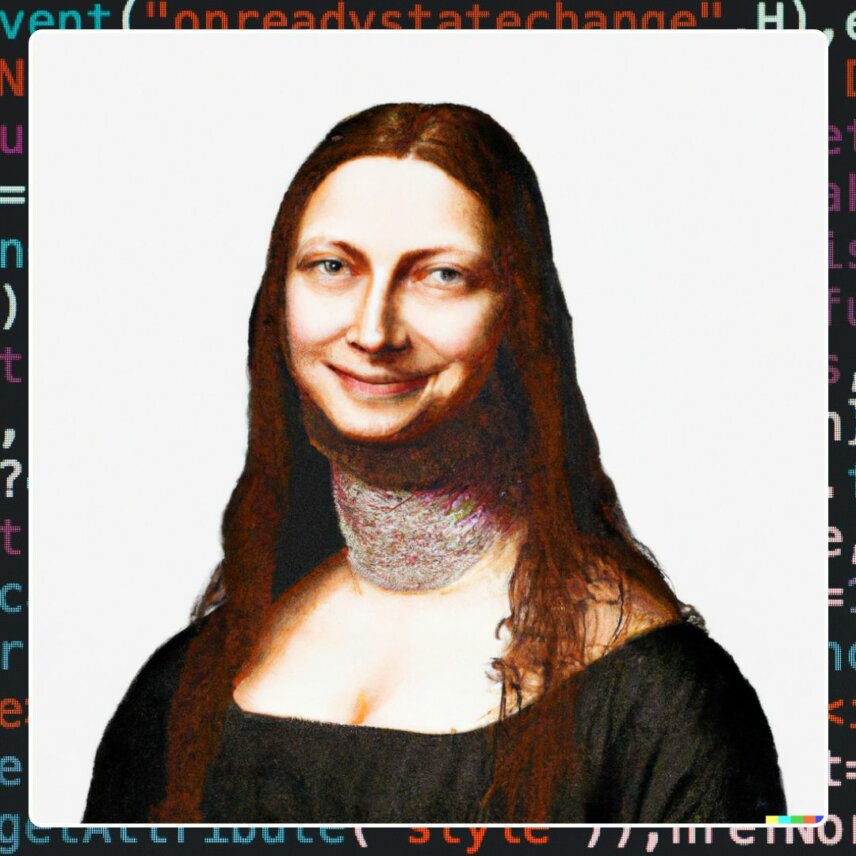
Leaving aside the legal ramifications of this for now, how much longer until we have algorithms programming new music for human consumption? This brings up all sorts of philosophical questions. No one would miss a driver in a driverless car but would they miss humanless music? Even Karl Bartos, former member of the original man-machine unit, Kraftwerk, has recently lamented his own hand in the dehumanization of music. “A computer has nothing to do with creativity, it’s just a tool, but we outsourced creativity to the computer,” he said. “We forgot about the centre of what we were. We lost our physical feeling, no longer looking each other in the eye, only staring at the monitor. At the time, I thought innovation and progress were synonyms. I can’t be so sure anymore.”
Leaving aside the legal ramifications of this for now, how much longer until we have algorithms programming new music for human consumption?
Sentient capabilities a turning point
In 2021, Blake Lemoine, a Google employee, went public with the claim that the company had a fully sentient artificial intelligence in its servers. Like a William Gibson cyberpunk novel come to life, he insisted that based on his many conversations with LaMDA (short for Language Model for Dialogue Applications), it was not only real but even feared its own death, of being turned off. Lemoine is alone in this belief. His Google higher-ups as well as the AI community at large have basically said he’s been duped by an algorithm responding to prompts.
If AI isn’t capable of sentience yet, what is it capable of? Before we can answer this question, we should define what AI is. Or try to. As it turns out, this actually hasn’t been settled yet.
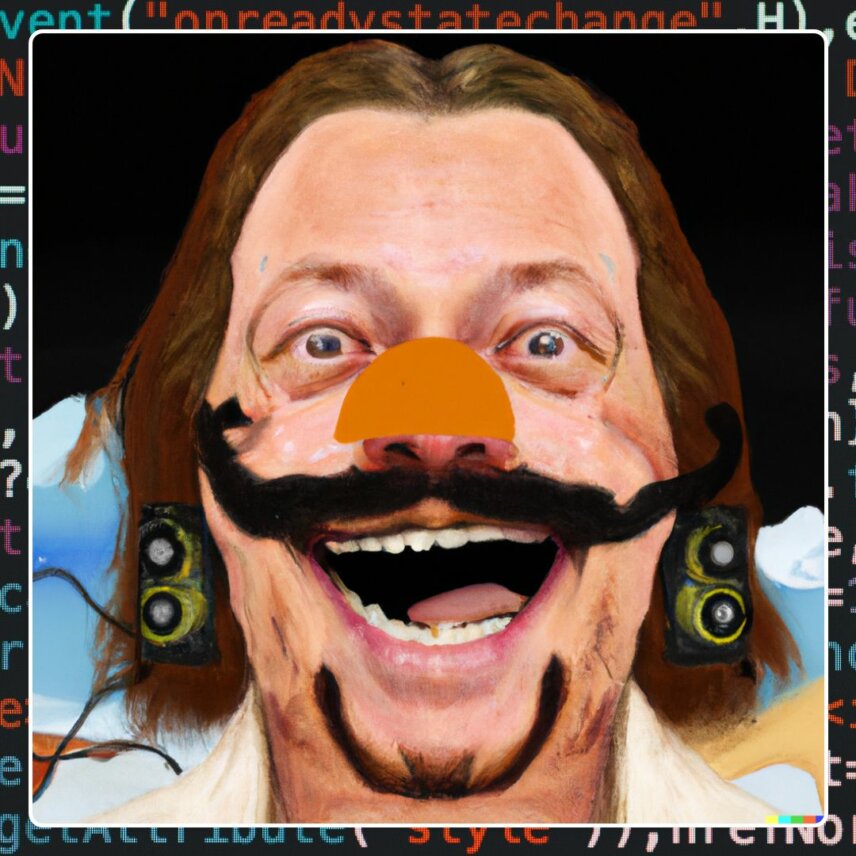
What Is AI?
“This is the million dollar question since there is a lack of a precise, universally accepted definition of Artificial Intelligence in the scientific community in the first place.” This is Elena Musi, Senior Lecturer (Associate Professor) at the Communication and Media Department at the University of Liverpool. Before this, she was Language Engineer in the Applied Modeling and Data Science team at Amazon Alexa. She knows AI. “However, both a scientist and a layperson would intuitively consider the robots in Terminator sci-fi instances of AI. The same applies to self-driving cars. However, 10 years ago, I would bet that the large public would have considered the Furby an instance of AI too, but right now they would think of it as a simple toy. Why so? Because of the AI effect.” It turns out that AI has an evolving definition: AI brings a new technology into the common fold, people become accustomed to this technology, it stops being considered AI and newer technology emerges.
There is a lack of a precise, universally accepted definition of Artificial Intelligence in the scientific community in the first place.”
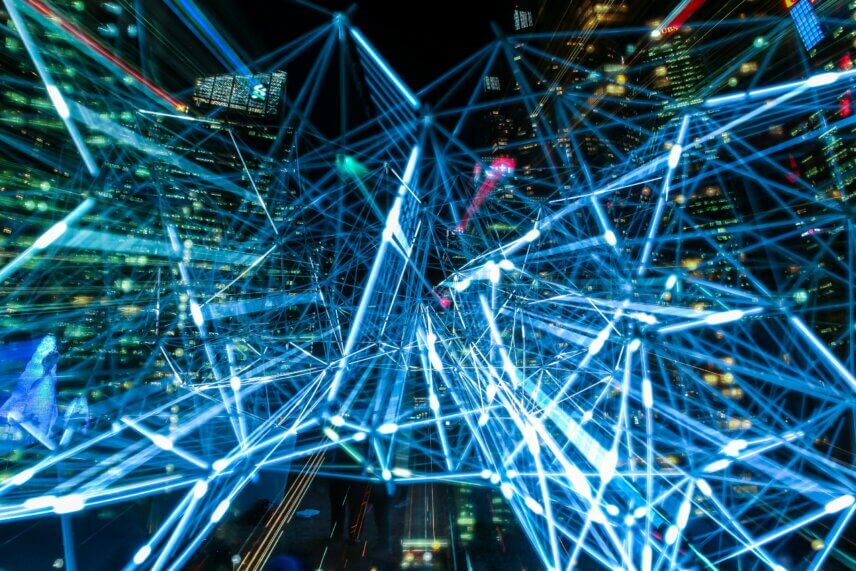
Instead, Musi thinks we should focus on the words themselves to find meaning: “The best way to define and understand AI is to stick to the language, defining the terms ‘intelligence’ and ‘artificial’ as well as the combination of the two. Artificial intelligence is the activity devoted to making machines intelligent. According to John McCarthy, who coined the term in his proposal for the Dartmouth summer research project on Artificial Intelligence, it means the ability to, ‘use language, form abstractions and concepts, solve kinds of problems now reserved for humans and improve themselves.’ Depending on how we interpret the term we can thus consider AI as an imitation, a substitute for human Intelligence or as intelligence produced by humans and used by humans to augment their own.”
The last point here is critical, that of collaboration. Musi is an advocate of working in tandem with AI as is Richie Hawtin. Yet as AI continues to get smarter, when will collaboration be futile as our limitations begin to pale in significance to the capabilities of AI?
We’ll dig in in part 2.
